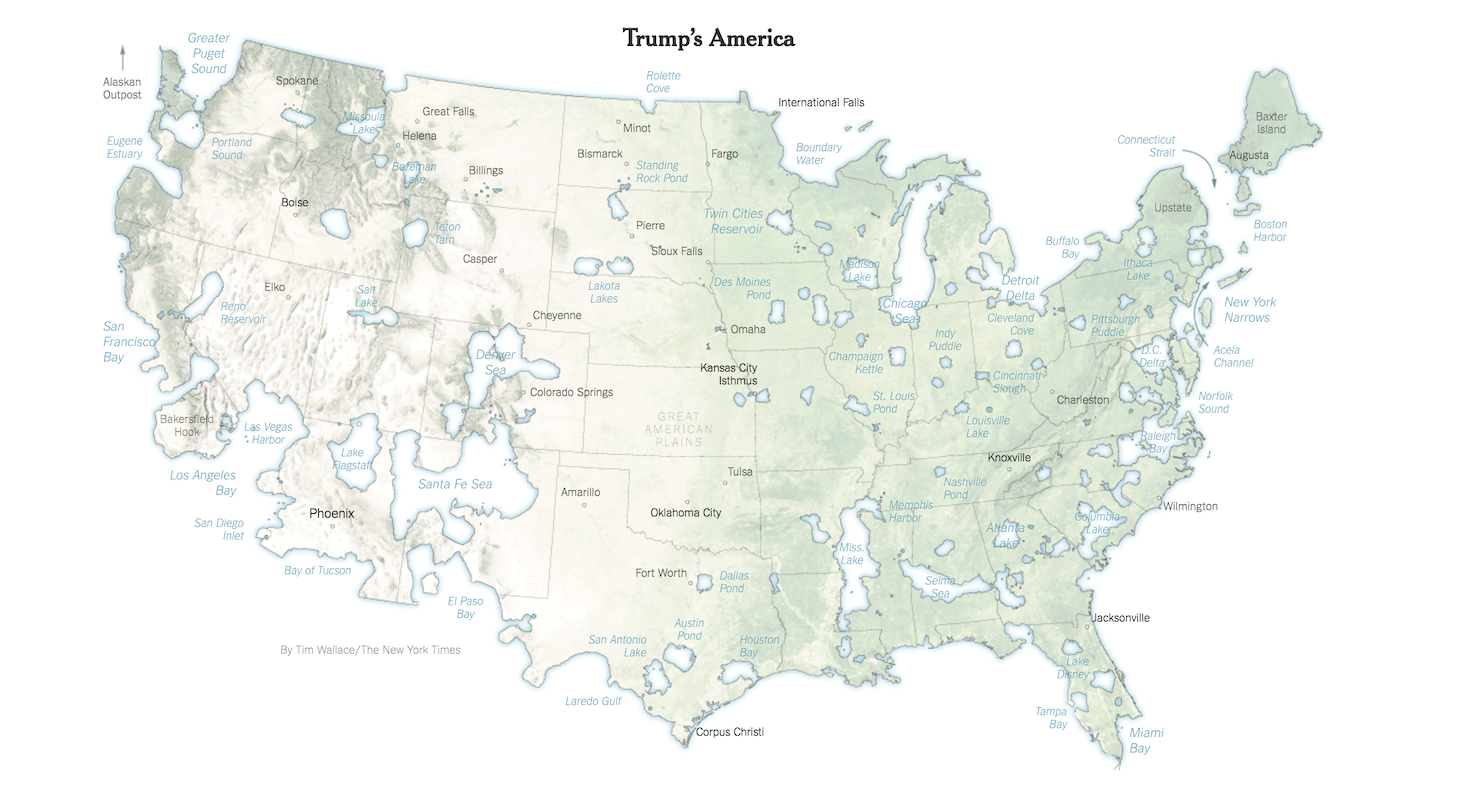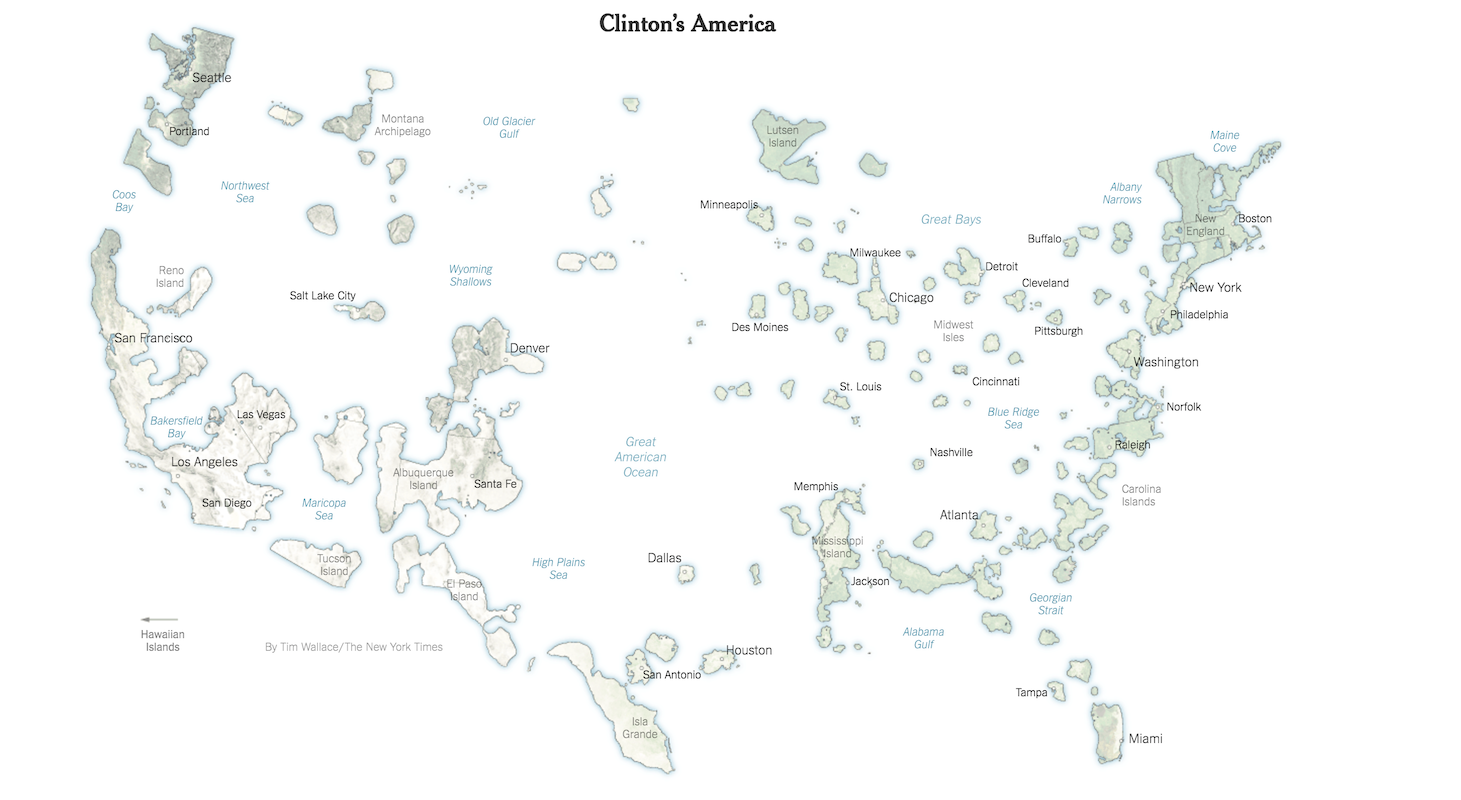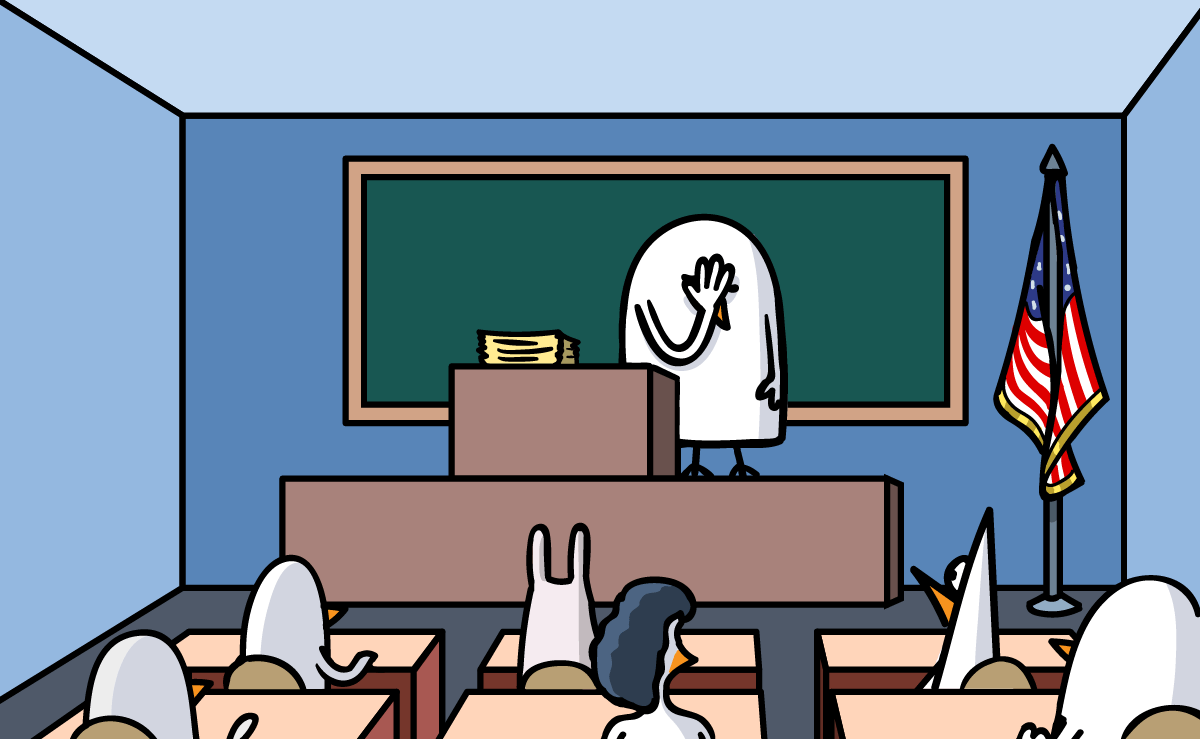... and the future!
Law professor, Eben Moglen gives some compelling reflections about the Snowden disclosure and how now is the time to act to decentralize our big data, harden our open source crypto, and enforce our existings laws. He also talks about how the NSA may have set us up for a global financial disaster (Bullrun).
He reminds us, that the US govt has been in state of permanent war on the network, with all of us, since 2001, vacuuming all that can be had, legal or not, from its own citizens and beyond.
Democracy should provide for the end of wars, not sustain them. Democracy works only when there is privacy and this constant state of war is crumbling our democracy. We need to make cyberpeace and not cyberwar that is sustaining a surveillance state.
He models democracy as a triangle of privacy made up of secrecy, anonymity and autonomy. He declares that democracy is impossible without this. He also uses an ecological model of privacy, equating surveillance and industrial overreach as polluting the environment.
The data mining industry is contributing to the new surveillance state. Big Data (Google, Amazon, Facebook, etc.) are jeopardizing our right to privacy and are polluting the privacy ecology with commercial surveillance.
Our govt has not always been on the moral side of history, nor is it always going to be. On the internet, we need to maintain our anonymity of reading. He asks us to play a "what-if" scenario and pretend Amazon was around during federal support of slavery during the 19th century. What if ebooks had reported themselves to corp HQ during the fight against slavery in this country? What if "Big Data" were beholden to the Union enforcing the Fugitive Slave Act. Would the Union have solicted reading habits to indentify abolitionists to help enforce the law?
Big data is leveraging web servers to show what is viewed, for how long, what did you do next. The most egregious of this activity is Google, Twitter and Facebook. Of this group, Eban asserts that Facebook is "strip-mining humanity". They do more to spy on our kids (and us) than we should allow.
He reminds us that National Intelligence Director Clapper's assertion that the NSA is just collecting meta-data (vs real data) is just as invasive because it tells us who did what and when (which can be just as revealing as what was said).
So what does Eben suggest? Three things...
Use the power of the vote (e.g. the President can vote to stop the NSA and... the time is coming that we'll need 9 votes from the Supreme Court to say "no more").
Enforce existing laws and leverage well established legal principles (see Bailment).
Leverage technology by strengthening open source crypto (NSA just lifts keys/certs instead of successfully breaking encryption) and decentralize our data. How about disposable $5 email servers in every home or maybe our own servers to control social sharing democratically and not corporately?
He asks us to do this so we can tell our grand-kids, that back then, "we made SSL better".


